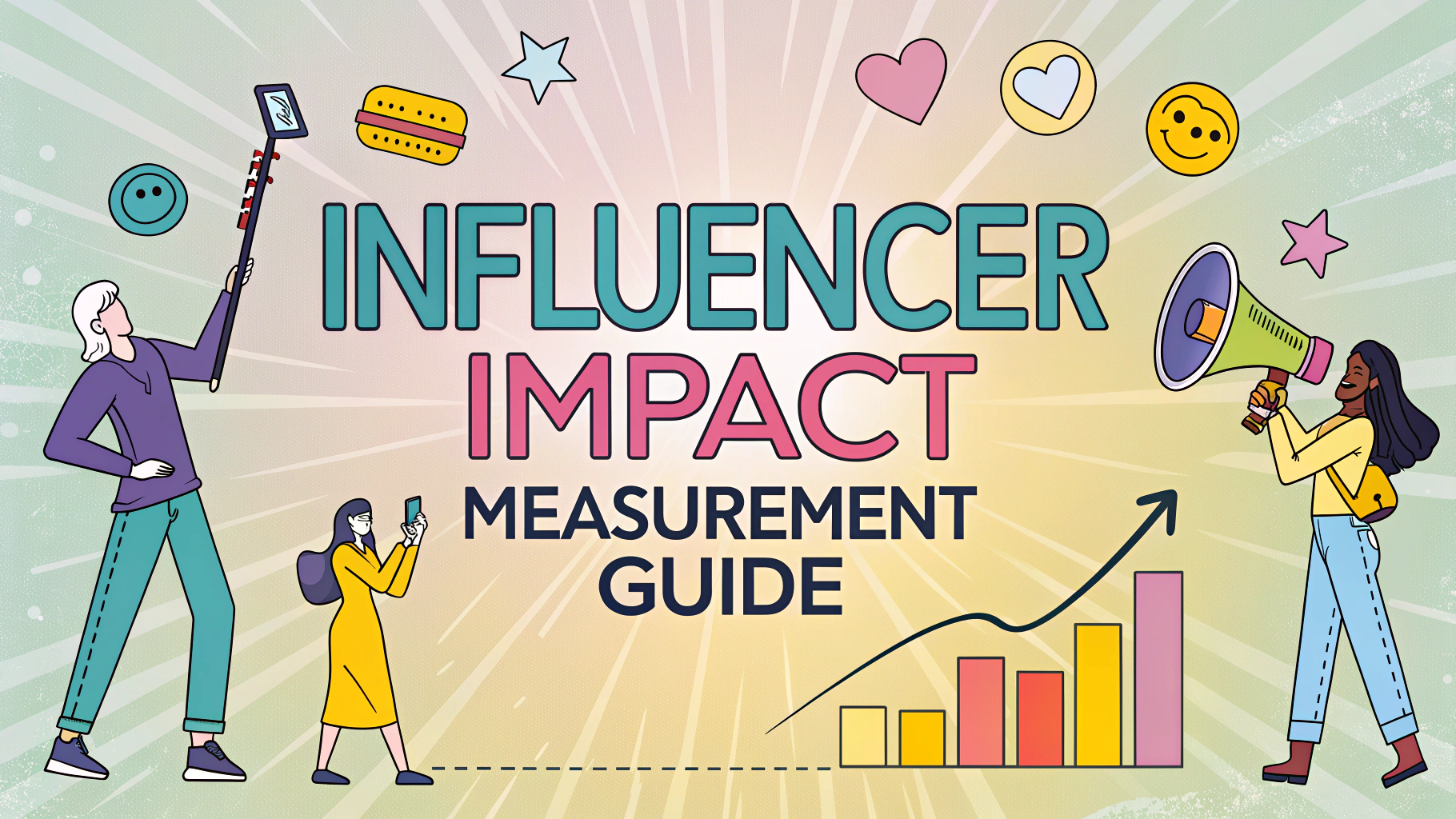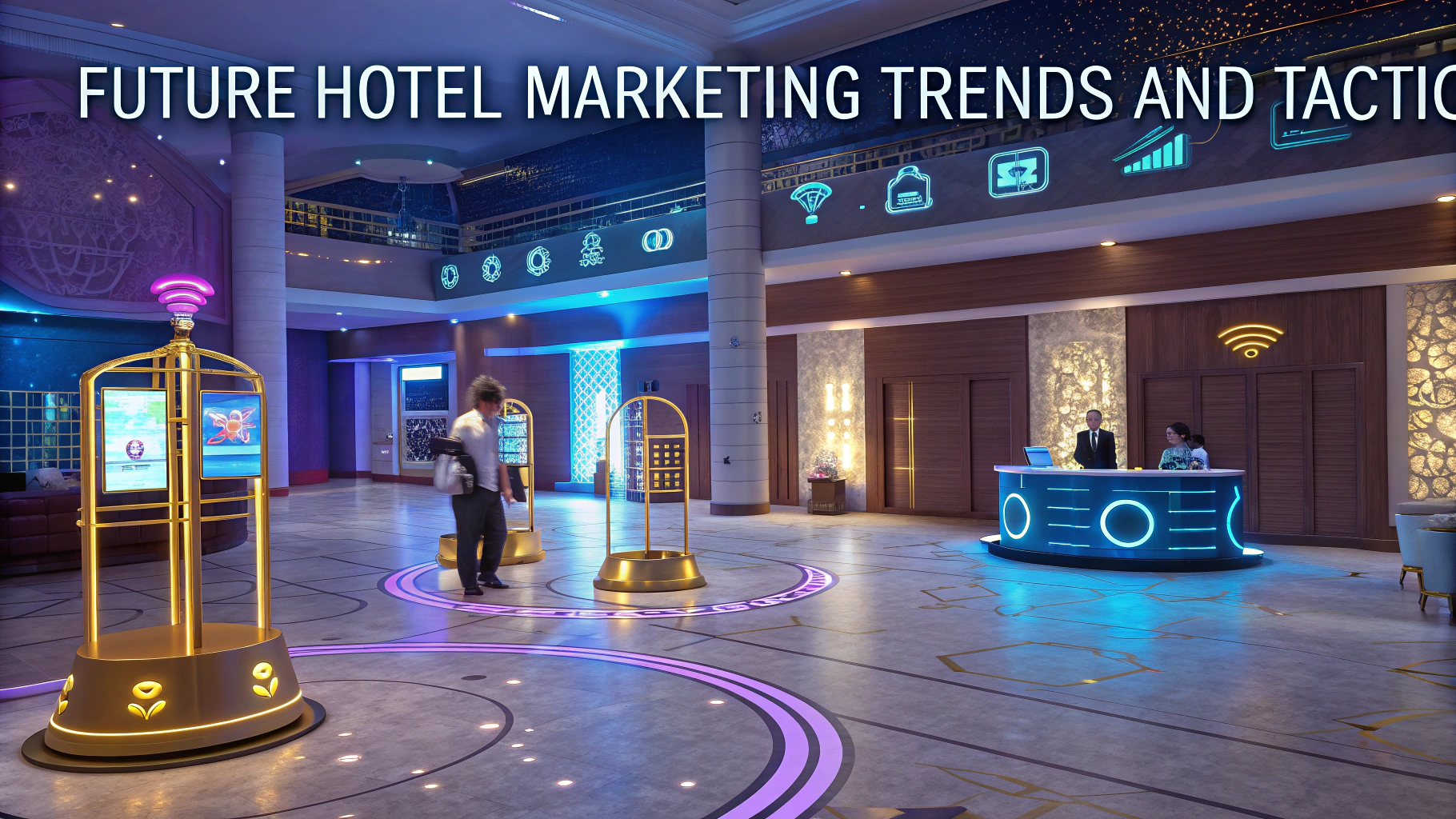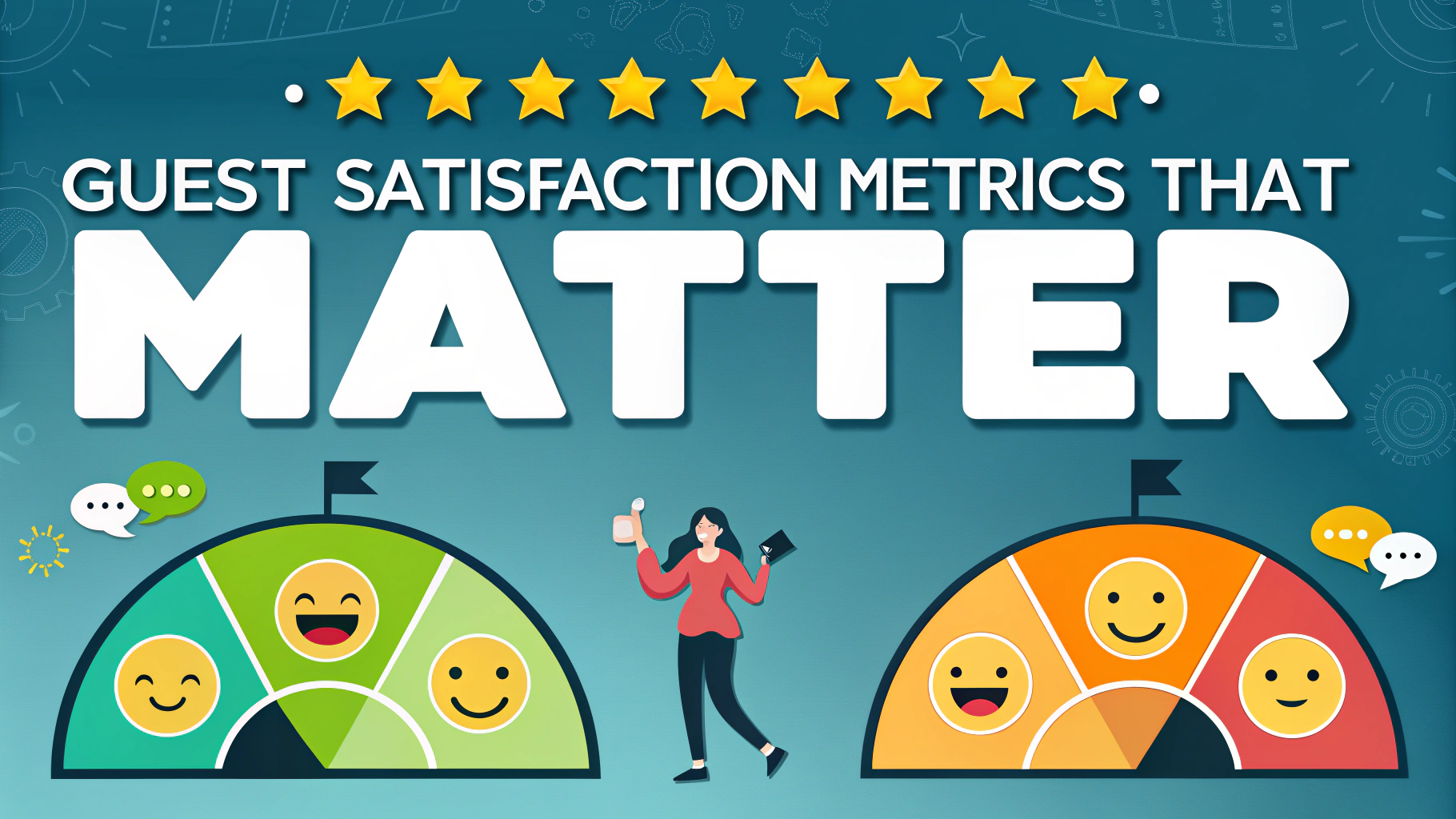A well-planned content calendar helps hotels maintain consistent messaging and increase direct bookings throughout the year.
Strategic content planning allows hotels to align their marketing efforts with seasonal trends, local events, and target audience preferences.
This quick guide shows you how to create an effective hotel content calendar that converts potential guests into confirmed bookings.
Essential Elements of a Hotel Content Calendar
- High-quality property photos and videos
- Room descriptions and amenity highlights
- Local area guides and attraction spotlights
- Special offers and packages
- Guest testimonials and reviews
- Behind-the-scenes content
- Event updates and announcements
Planning Your Content Schedule
Map out content themes for each quarter based on your hotel’s peak and off-peak seasons.
| Season | Content Focus |
|---|---|
| Spring | Local events, outdoor activities, spring packages |
| Summer | Pool amenities, vacation packages, family activities |
| Fall | Business travel, conferences, autumn experiences |
| Winter | Holiday packages, indoor amenities, winter specials |
Content Distribution Channels
- Hotel website blog
- Email newsletters
- Social media platforms (Instagram, Facebook, LinkedIn)
- Online travel agencies (OTAs)
- Google Business Profile updates
Measuring Content Performance
Track these key metrics to optimize your content strategy:
- Website traffic and time on page
- Direct booking conversions
- Email open and click-through rates
- Social media engagement
- Revenue generated from content-driven campaigns
Content Types That Drive Bookings
- Room Tours: 360-degree virtual tours and detailed room walkthrough videos
- Local Guides: Insider tips about nearby attractions and hidden gems
- Guest Stories: Real experiences and testimonials from previous guests
- Special Offers: Limited-time deals and exclusive packages
- Event Coverage: Updates about hotel events and local happenings
Creating an Effective Content Workflow
- Plan content 3 months in advance
- Assign team responsibilities
- Create content approval processes
- Schedule regular content reviews
- Update calendar based on performance data
Tools for Content Calendar Management
- Hootsuite: Social media scheduling and management
- Trello: Content planning and team collaboration
- Canva: Visual content creation
- Google Analytics: Performance tracking
- Mailchimp: Email marketing campaigns
Moving Forward with Your Content Strategy
Start with a simple calendar focused on your hotel’s key selling points and gradually expand based on performance data.
Remember to maintain flexibility in your content calendar to accommodate unexpected opportunities or changes in market conditions.
Regular reviews and updates of your content strategy ensure it continues to drive bookings and meet your hotel’s marketing objectives.
Content Creation Best Practices
- Write engaging headlines that grab attention
- Use high-quality visuals and videos
- Include clear calls-to-action
- Optimize content for search engines
- Maintain brand voice consistency
Seasonal Content Tips
Pre-Peak Season
- Start promotional campaigns early
- Highlight unique selling points
- Create urgency with early-bird offers
- Showcase property upgrades
During Peak Season
- Share real-time guest experiences
- Post event coverage
- Feature staff stories
- Promote last-minute availability
Off-Peak Season
- Focus on special packages
- Highlight indoor amenities
- Create value-added offers
- Target specific market segments
Content Integration Strategies
- Cross-promote content across channels
- Repurpose successful content
- Collaborate with local businesses
- Integrate user-generated content
- Align with partnership marketing
Maximizing Your Hotel’s Digital Success
A well-executed content calendar serves as the foundation for successful hotel marketing. Regular updates, performance monitoring, and adaptability ensure your content strategy effectively drives bookings throughout the year.
Focus on creating valuable, engaging content that resonates with your target audience while maintaining consistency across all channels. Remember that your content calendar should evolve with your hotel’s needs and guest preferences.
By following these guidelines and regularly refining your approach, your hotel can build a strong digital presence that converts interest into bookings and creates lasting connections with guests.
FAQs
- What key elements should be included in a hotel’s content calendar?
A hotel content calendar should include seasonal promotions, local events, holidays, peak booking periods, property highlights, guest testimonials, special packages, and behind-the-scenes content about hotel amenities and staff. - How far in advance should hotels plan their content calendar?
Hotels should plan their content calendar at least 3-6 months in advance, with major campaigns and seasonal promotions planned up to 12 months ahead to align with typical booking windows. - Which social media platforms are most effective for hotel content marketing?
Instagram, Facebook, and LinkedIn are most effective for hotels. Instagram works best for visual content and stories, Facebook for community engagement and events, and LinkedIn for corporate and MICE business opportunities. - What types of content generate the most direct bookings?
Special offers, room promotions, exclusive packages, virtual tours, local area guides, and user-generated content featuring real guest experiences typically generate the highest booking conversions. - How often should hotels post content on social media?
Hotels should post 4-5 times per week on Instagram, 3-4 times per week on Facebook, and 2-3 times per week on LinkedIn to maintain engagement without overwhelming followers. - What metrics should hotels track to measure content calendar success?
Key metrics include direct booking conversions, engagement rates, click-through rates, website traffic from social channels, email open rates, and revenue generated from content-driven campaigns. - How can hotels create content that targets different guest segments?
Create diverse content targeting leisure travelers, business guests, wedding planners, event organizers, and luxury seekers with specific messaging, visuals, and offers tailored to each segment’s needs and preferences. - What role do user-generated content and influencer partnerships play?
User-generated content and influencer partnerships provide authentic social proof, increase reach, and drive engagement. They should make up 20-30% of a hotel’s content mix for optimal results. - How should hotels adjust their content calendar during low seasons?
During low seasons, focus on value-added packages, early booking incentives, local experiences, and business events. Increase promotional content and highlight unique offerings that attract off-season travelers. - What are effective ways to repurpose hotel content across different channels?
Transform single pieces of content into multiple formats: turn blog posts into social media snippets, convert guest testimonials into visual quotes, and adapt professional photos for various platforms and email marketing campaigns.







